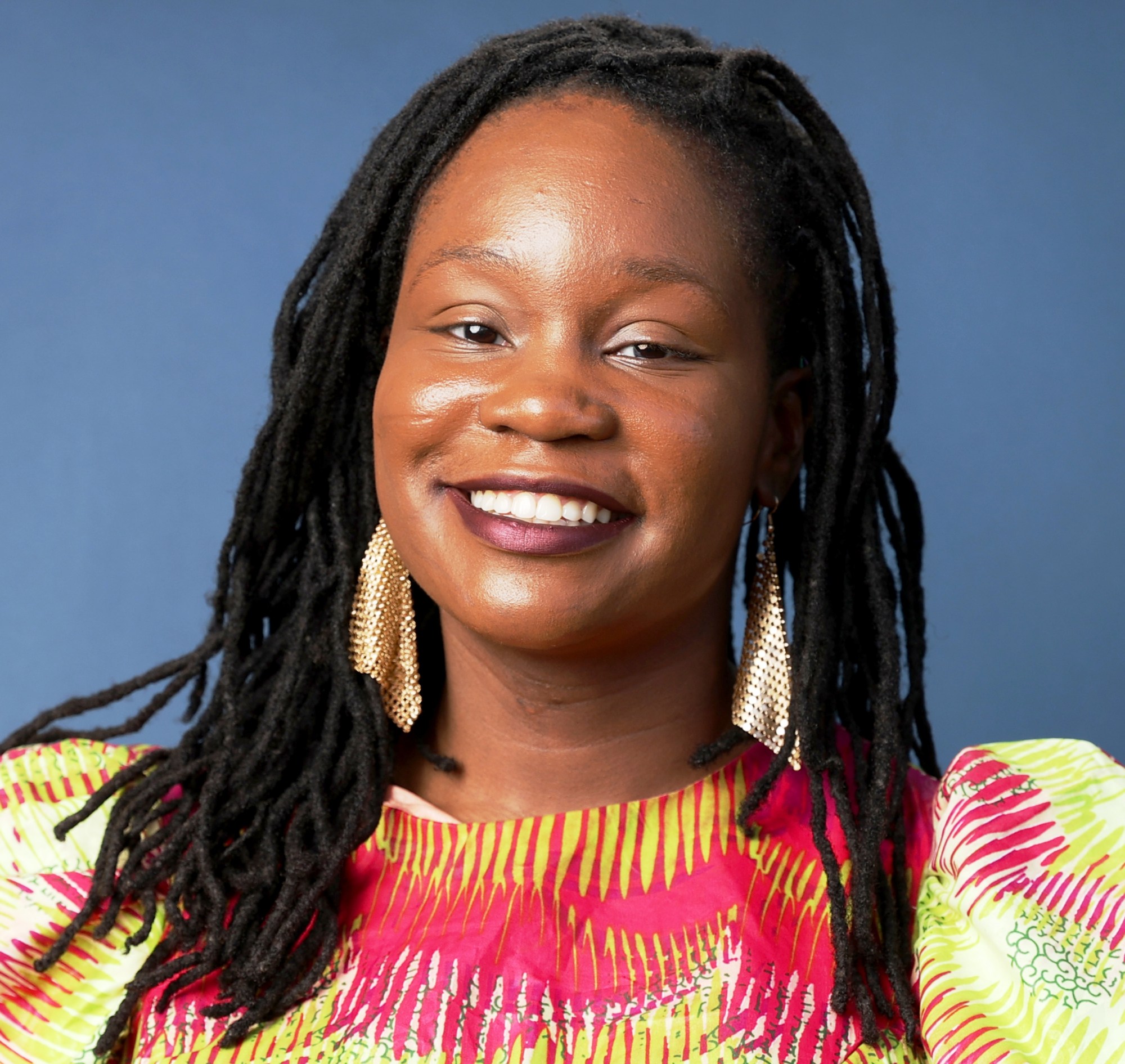
Tribeca Fest is for ‘Distinct Voices,’ Says Faridah Gbadamosi
As senior programmer of Tribeca Festival, seasoned film curator and culture critic Faridah Gbadamosi does not just see movies. She breathes them all year around, starting with watching the Golden Globes Awards in early January.
In Spring she is busier than ever and, as a regular New Yorker, is used to doing many things at once while on public transportation. The 23rd edition of the festival runs June 5-16, but the work started way before, as it received a record 13,016 submissions across all categories and is showcasing 115 feature films — 58 narratives, 57 documentaries — from 50 countries. Also, 50% of the competition feature films are directed by women, 35% are from minority filmmakers, 86 are world premieres, and 30 are from first-time directors.
Born in 2001 in the shadow of 9/11, the Tribeca Film Festival –as it was then known– was founded by Robert De Niro, Jane Rosenthal and Craig Hatkoff to lift the economic and cultural revitalization of Lower Manhattan following the terrorist attacks. In 2021 the festival dropped “Film” from its name, as it added a category dedicated to video games.
This year the jury includes David O. Russell, Selma Blair, Asghar Farhadi, Kim Cattrall, Chinonye Chukwu, Nisha Pahuja, Nikyatu Jusu, Sheila Nevins, Francesca Scorsese and Clara McGregor, among others. Some of them are Golden Globes winners or nominees. Also, there is a retrospective of De Niro’s career that highlights his 10 Golden Globes nominations, with his trophy as best actor in a movie/drama for the 1980 “Raging Bull” and in 2011 he won the Cecil B. DeMille Award.
Gbadamosi has worked in various roles at different film festivals and film organizations, including Outfest, the California Film Institute, Athena Film Festival, and the Seattle International Film Festival. She has also served on film juries at Sarajevo, Berlin, Seattle, and many more.
When does your calendar normally start ahead of the festival?
The better question is when does it end, and that answer is never. I’m kidding, mostly. But seriously, programming is a year-round experience. Submissions for the following fest open just a few months after we finish the festival. Plus we are always on the lookout for new work, attending other festivals, and connecting with creators year-round to hear about their upcoming projects. Our job is to immerse ourselves in storytelling culture and to meet creators where they are and bring that back to the curating process.
What is a “must” for a film or TV production to be in the fest?
Clarity of vision or voice. We are looking for creators who have a distinct voice, something they want to convey, and that shines through in their work.
What makes Tribeca different from other festivals, especially this year?
We really see ourselves as a storytelling festival that values the unique experience that comes with collective engagement. We have film, TV, games, audio, immersive and more, and we love that people get to experience all of these things with other people. Storytelling is not only an opportunity to communicate the artist’s vision, but also to bring people together. Tribeca is an organization invested in crafting engaging experiences for our audience. Whether it is a comedy show before a screening, a live podcast recording, or a DJ set after a film, we recognize that audiences are looking more and more for these distinctive in-person experiences, and we really enjoy getting to put those together.
How is the Tribeca jury chosen? Any particular twist in 2024?
Our jury, much like our films, is curated for the purpose of getting a wide breadth of storytelling experiences. The team that puts together the jury is amazing and does a wonderful job of balancing expertise and ingenuity. Our juries are always crafted in a way that makes you want to be a fly in the room because each jury has a group of individuals with such varied resumes.
How you got involved with Tribeca in the first place, and which roles have you had there?
This might be a funny way to put it, but Tribeca is my hometown festival. I am originally from New York and volunteered at and attended the festival long before I started working there. I have worked at a number of different film festivals, but what drew me to my current position as a senior programmer was the opportunity to program for the people I grew up with. New York is an amazing city to me, not just because of the usual stuff — the food, the culture, the people — but also because it is home. And Tribeca sees itself as a festival that is both reflective of and for the people of New York City.
How often do you watch movies in theaters and streaming? What is your favorite genre? Any classic you never get tired of watching?
I watch movies all the time, both streaming and in theaters. Nothing can beat the theatrical experience. I go to movies on my own often, and I enjoy the whole experience: the trailers, the popcorn, and then, of course, the films. My favorite genres are romantic comedy and science fiction. I love them both equally. A classic I never get tired of watching is “You’ve Got Mail.” Nora Ephron was an amazing writer and director. I love that Tribeca has a Nora Ephron Award. And the film is as much a love letter to New York City as it is a love letter between the two characters, so it makes me happy.

